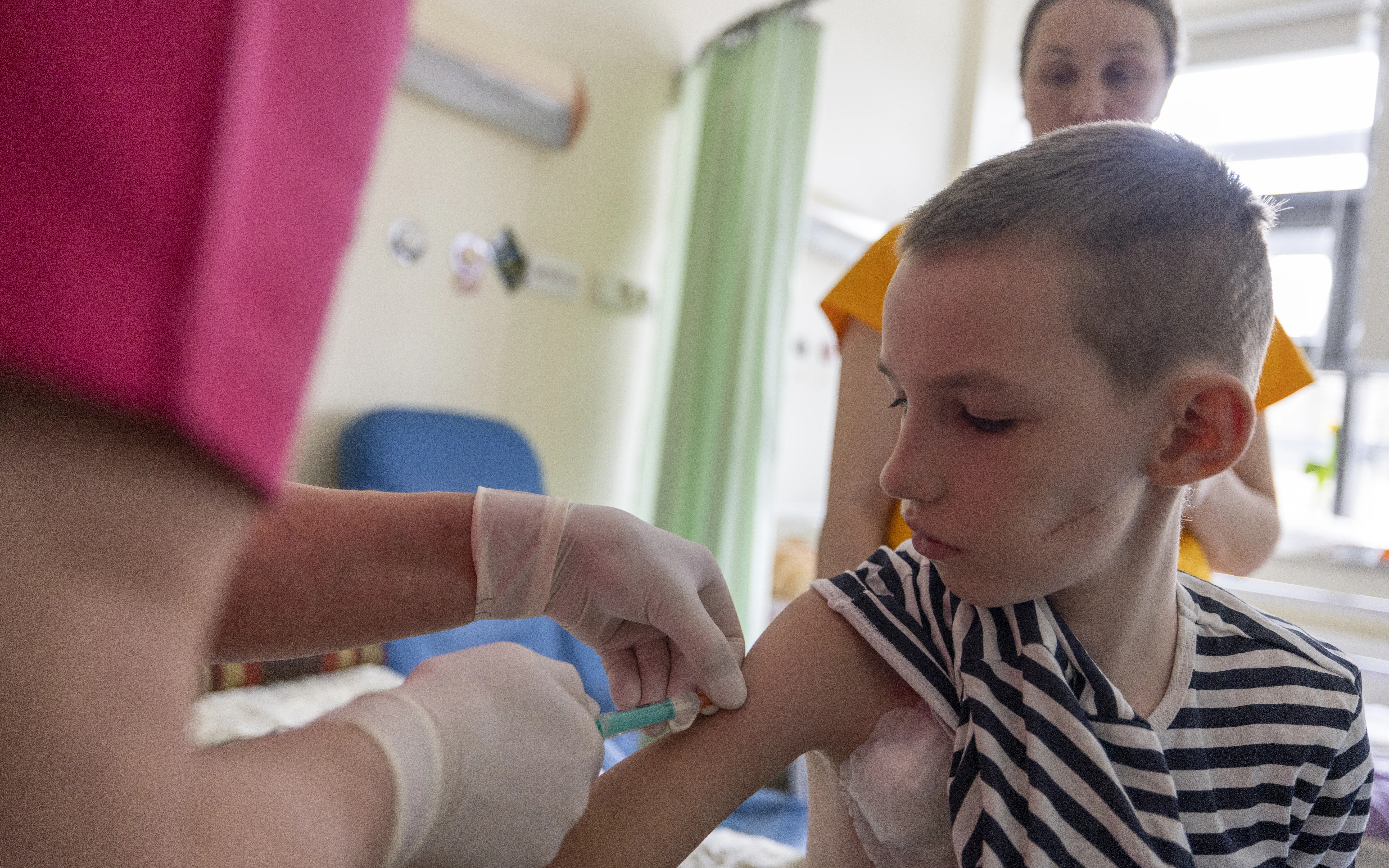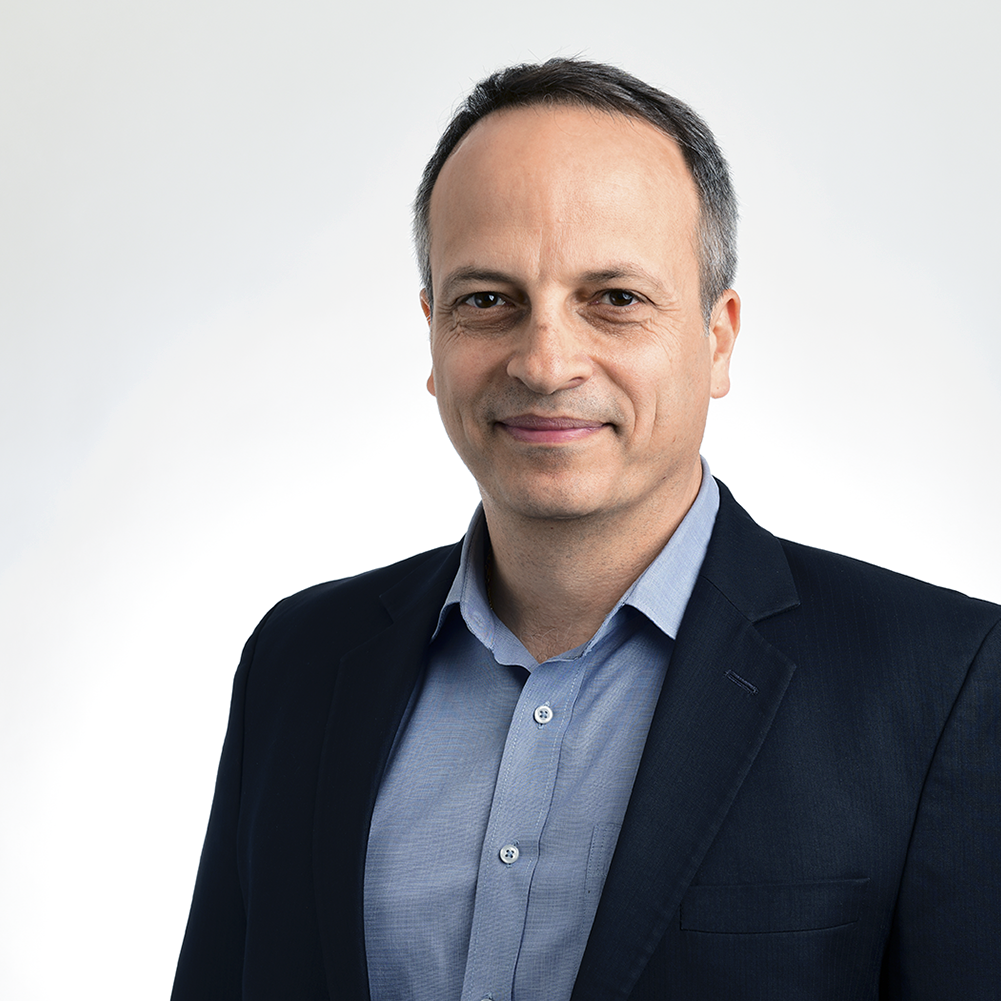
Even if the war stops today, complex health-related challenges will linger, and Ukrainian health authorities will require a major external investment to rebuild their health care system.
Since Russia’s invasion of Ukraine began, Project HOPE has been on the ground in Central and Eastern Europe, assessing the needs of the health system and coordinating the timely delivery of aid. However, the humanitarian crisis there is immense, and the circumstances are exacerbating long-term healthcare-related challenges and creating new ones.
Unlike most natural disasters, the damage to Ukraine’s health care infrastructure did not peak after one catastrophic event – an earthquake or a hurricane, for example. It continues, day after day, as Russia targets facilities where medical care is provided. The World Health Organization verified hundreds of attacks on health care during the invasion’s first 100 days alone.
I visited Ukraine in April and witnessed the devastation first-hand: a newborn wing at a maternity clinic that had been burned to the ground, a pediatric hospital locked behind metal gates because the premises are littered with land mines and unexploded ordinances, and hospitals marked with red crosses that had been shelled. I also met with hospital staff that courageously cared for patients, mainly civilians, despite threats to their safety.
Damaged health care facilities do not repair themselves, and without them there are too few places for the injured to safely seek care.
Meanwhile, refugees, health workers, and other affected populations need mental health and psychosocial support. Families have been ripped apart and are grieving lost loved ones. Women have been targeted with acts of gender-based violence, and children are enduring trauma from war and displacement.
Project HOPE has delivered hundreds of pallets of medicines, medical supplies, equipment, and hygiene kits to Ukraine. We have rebuilt hospitals and reinstated health services. And we have launched mobile medical units to provide primary health care where it is needed most.
In addition, Project HOPE is offering specialized training for managing traumatic injuries and supporting nonprofit healthcare providers with roots in the region.
Some three million people in Ukraine needed urgent humanitarian assistance for a range of health challenges, like diabetes and tuberculosis, even before the Russian military incursion.
As such, until Ukraine’s hospitals and their health workers are insulated from attack, and remaining facilities stop filling with war-wounded, the lack of services country-wide will worsen. Chronic and infectious diseases will be left unaddressed, and critical training and mental health concerns will be deprioritized.
The doctors, nurses, and health workers that I met in Ukraine are incredibly brave and resilient. However, even if the war stops today, complex health-related challenges will linger, and Ukrainian health authorities will require a major external investment to rebuild their health care system into one that can provide quality health services for all.
It is a disturbing and frustrating reality, but one that we must confront head on. That is why Project HOPE is committed to delivering support, now, and into the future.
If their work compels you to act, please visit their website. There, you can find updates on their efforts, donate, and volunteer your expertise. Project HOPE believes that resilient communities and a healthier, more equitable world are achievable goals, if we build them together.



Add new comment